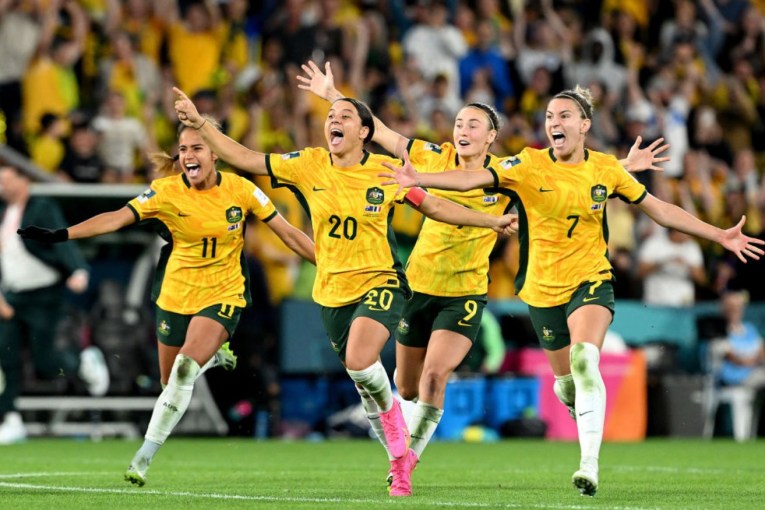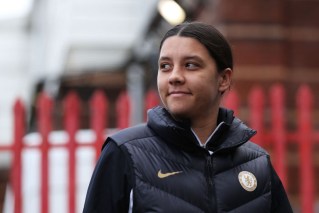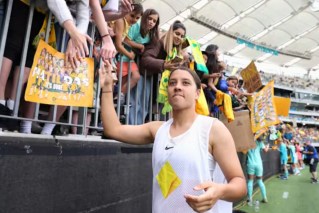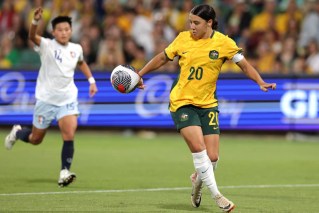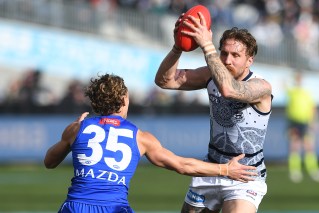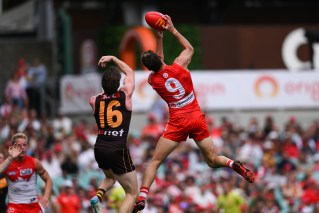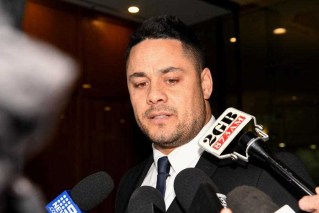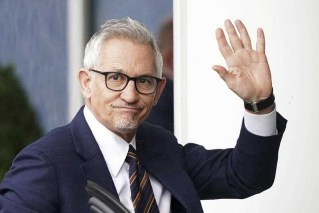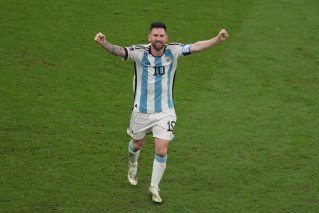Football world in mourning after sudden death of Diego Maradona

Argentinian soccer great Diego Maradona, considered one of the best footballers the world has seen, has died of a heart attack at the age of 60.
The country’s president, Alberto Fernandez has declared Argentina will have three days of national mourning for Maradona who became a global icon after leading Argentina to the World Cup title in 1986.
His ‘Hand of God” goal against England in the quarter-finals, when he pushed the ball into the net with his hand, earned him infamy.
He followed up by scoring the “goal of the century” in the very same game.
Tweet from @piersmorgan
Mr Fernandez said in a tweet: “You took us to the highest point of the world, and made us immensely happy.
“You were the greatest of all. Thank you for having been with us, Diego. We will miss you all our lives.”
Several weeks ago, Maradona underwent emergency surgery for a blood clot on the brain.
His lawyer said he suffered a heart attack at his home in the outskirts of Buenos Aires on Wednesday.
Tweet from @MagicJohnson
The Argentinian Football Association said on Twitter it had the “deepest sorrow for the death of our legend, Diego Armando Maradona. You will always be in our hearts.”
Maradona almost single-handedly – or should that be ‘footedly’ – inspired Argentina’s World Cup success in Mexico and led the country to the final of the 1990 tournament in Italy.
“Certainly, one day we’ll kick a ball together in the sky above,” said Pele, the great Brazilian who, like Maradona, has so often been touted as the best player ever.

People gather under a mural depicting Diego Maradona, in Naples, Italy. Photo: AAP
England’s Gary Lineker, who played against Maradona in the ‘Hand of God’ game, tweeted: “By some distance the best player of my generation and arguably the greatest of all time. After a blessed but troubled life, hopefully he’ll finally find some comfort in the hands of God. #RipDiego”.
Maradona’s international playing career ended in shame when he failed a drugs test at the 1994 World Cup in the United States and he was notorious for a wayward lifestyle throughout his life.
Tweet from @SportsCenter
He was also banned from football in 1991 after testing positive for cocaine while playing for Napoli.
The controversial behaviour hasn’t lessened the Italian city’s love for the footballer While Maradona was revered around the world as perhaps the greatest soccer player ever, in Naples he was more than that.
Maradona was treated as a deity for the way he led Napoli to its only two Serie A titles – in 1987 and 1990 – and raised the spirits of the southern Italian city, which remains far removed both geographically and socio-economically from the country’s soccer capitals of Milan and Turin.
“Maradona wasn’t just a player. He represented the spirit of Napoli for years,” said former Napoli president Corrado Ferlaino, who owned the club when Maradona played there.
Upon hearing the news, Naples mayor Luigi De Magistris immediately proposed the city’s San Paolo Stadium be renamed for Maradona – and ordered the stadium’s lights be turned on all night even though there was no game being played there.
“Maradona is Napoli. The passion for him here is known to everyone,” Mr De Magistris said. “Maradona united Neapolitans all over the world – as well as fans of other squads.
“Today all Neapolitans embrace his family, with the awareness that this embrace will never end,” the mayor added. “Because it was real love. A great love.”
Maradona also led Napoli to the 1989 UEFA Cup title during his seven-season stay.
He also allegedly became a regular cocaine addict in the city – a dependence that eventually led to his soccer downfall.
“Yes, he was also a controversial man,” De Magistris said. “But for us Maradona is the one who made Naples and Neapolitans dream – with his genius, his uniqueness, he gave us happiness.
“Many have named their sons Diego, for he was able to redeem a city that was often the target of prejudices and discrimination.”
In a sign of mourning, Napoli changed its usual blue logo on its Twitter account to black.
“Forever. Ciao Diego,” Napoli wrote on Twitter, while another former club Barcelona said simply: “Thank you for everything, Diego.”

People light candles to honor Diego Maradona, in Naples, Italy,
He also played for Sevilla, Boca Juniors and Newell’s Old Boys and was most recently manager for Gimnasia y Esgrima in La Plata, Argentina.
At club level, he first really made his name with Buenos Aires’ Boca Juniors before playing in Spain with Barcelona.

The Argentine soccer great was among the best players ever. Photo: AAP
“The entire world is mourning for the loss of #Maradona, who wrote unforgettable pages in the history of football with his unparalleled talent. Farewell eternal champion,” tweeted Italian Prime Minister Giuseppe Conte.
Maradona ended his playing career back in Argentina, returning to Boca. He had a brief and controversy-packed spell as Argentine national team coach from 2008 to 2010 before coaching in the Middle East and Mexico.
Years of drug use, overeating and alcoholism truncated his stellar career and altered his appearance from a lithe athlete who could slalom effortlessly through teams to a bloated addict who nearly died of cocaine-induced heart failure in 2000.
His recent health problems saw him admitted to hospital in La Plata, Argentina, earlier this month suffering from anaemia and mild dehydration.
A bleed in the brain was then discovered. He was released from hospital only to die a few days later.
-with AAP
